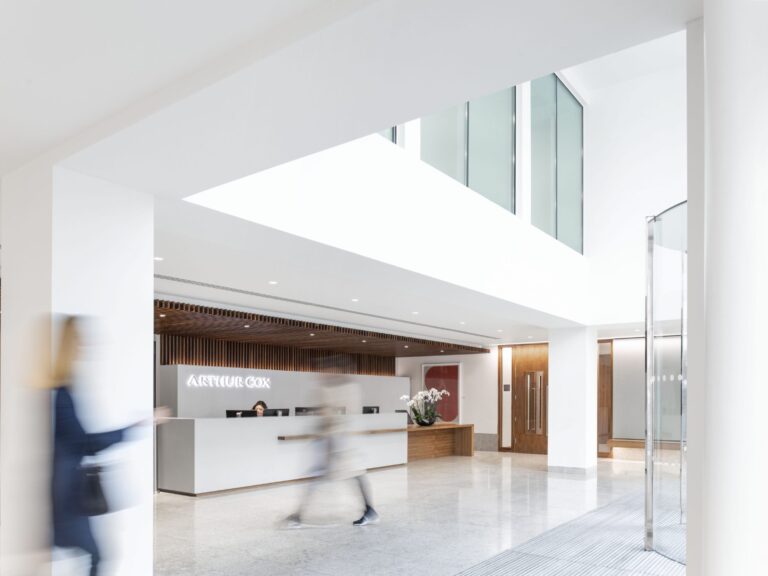
Criminal Justice (International Co-operation) Act 2019: broader than the Troubles?
The Criminal Justice (International Co-operation) Act 2019 (the Act) was signed into law by the President on 23 July 2019 under the auspices of the Stormont House Agreement of 23 December 2014, which covers a range of political, social and economic proposals for dealing with the past in Northern Ireland.
The background of its passage into law, documented in Dáil debates, confirms its impetus of facilitating Troubles-related inquests and inquiries.
Broadly speaking, the Act enhances cooperation provided to ongoing coroners’ Inquests in Northern Ireland into historic deaths, establishing for the first time a legal method that allows coroners in the North to access Garda Síochána testimony which is relevant to their inquests.
The Act however reaches outside the Troubles context in two ways:
- The Minister for Justice and Equality (the Minister) may designate in writing further inquests and inquiries under laws of the United Kingdom, Wales, Scotland or Northern Ireland other than a Northern Ireland troubles related inquest, into the death of any person as a ‘designated United Kingdom inquest.’ The Minister may however only make the designation after “consultation with the Garda Commissioner” and must put it before the Oireachtas as soon as practicable.
- Under the Garda Síochána Act 2005, the Garda Commissioner (the Commissioner) could enter into cooperation agreements, with the prior consent of government, with police and law enforcement bodies outside the State. Section 5 of the Act amends the Garda Síochána Act 2005 so that the Commissioner may, with the consent of government, enter into agreements “with a relevant person or body for the purpose of facilitating the performance by each party to the agreement of their respective functions.” This broadens the scope to encompass bodies outside the State in which have functions vested in them by law in order to conduct an inquest or inquiry, Troubles-related or designated, as outlined above. These agreements ‘may provide for general co-operation between the parties, including the exchange of information,’ according to the Minister.
Section 3 of the Act lays out a process to be followed for the taking of Garda testimony, which prevents it from prejudicing the ‘sovereignty, security or other essential interests of the State,’ or criminal investigations and proceedings, or from compromising Garda functions.
The request for evidence from the coroner of an inquest or inquiry, whether Troubles-related or not, must be directed in writing to the Garda Commissioner specifying the questions the coroner wishes to ask and the purpose behind the evidence being requested. Likewise, if the Garda Commissioner intends to accede to the request, a response must be given in writing to the coroner setting out which of the questions may be asked and which, if any, are being refused.
Once a member of An Garda Síochána has been nominated to give evidence, and a judge of the High Court has been nominated to take the evidence, it may not be used for a purpose other than that specified by the coroner in the initial written request without the consent of the Garda Commissioner. The examinations will take place in the presence of the appointed judge and the coroner. The judge may direct such provisions that are necessary to protect the safety of the witnesses.
It therefore appears that, although the Act expands the legal mechanism for the taking of evidence within the State, it simultaneously sets out a regime of safeguards to prevent compromising security interests or the functions of An Garda Síochána. The rigour of those safeguards remains to be seen.
Learn more about our Corporate Crime Team here.
Learn more about the Women’s White Collar Defense Association here.



